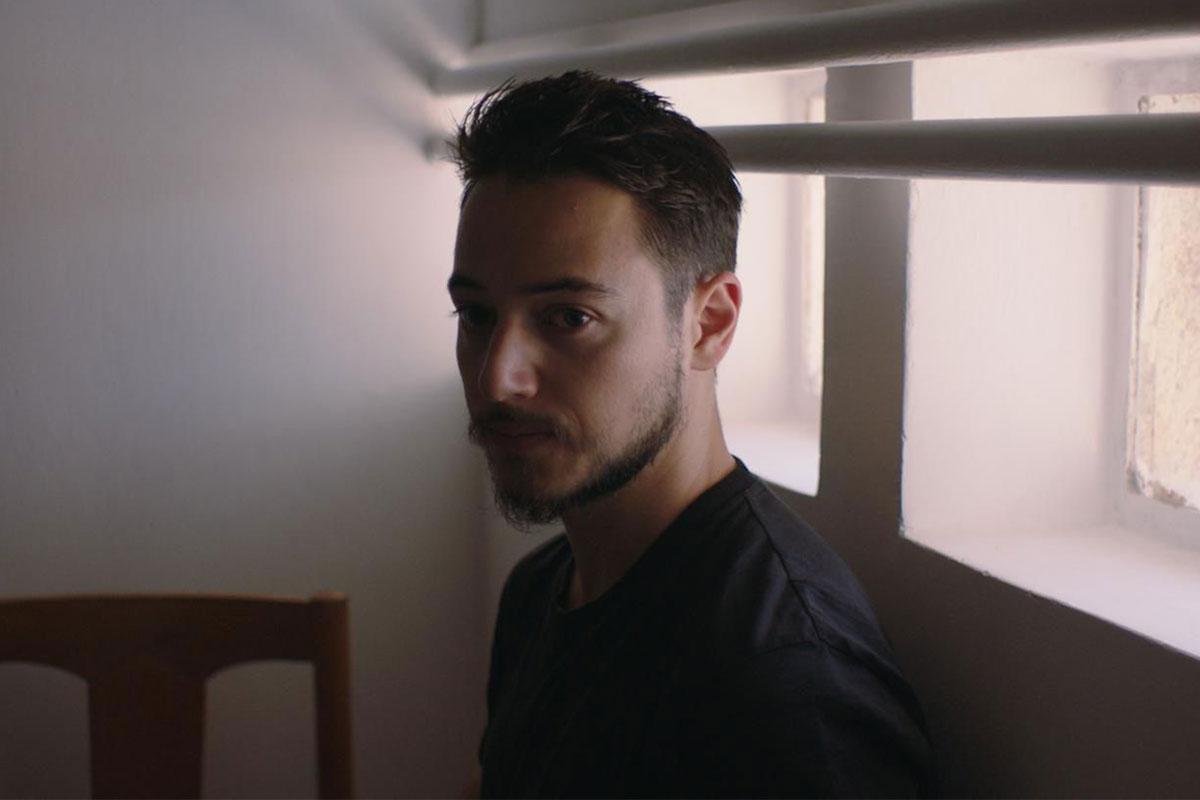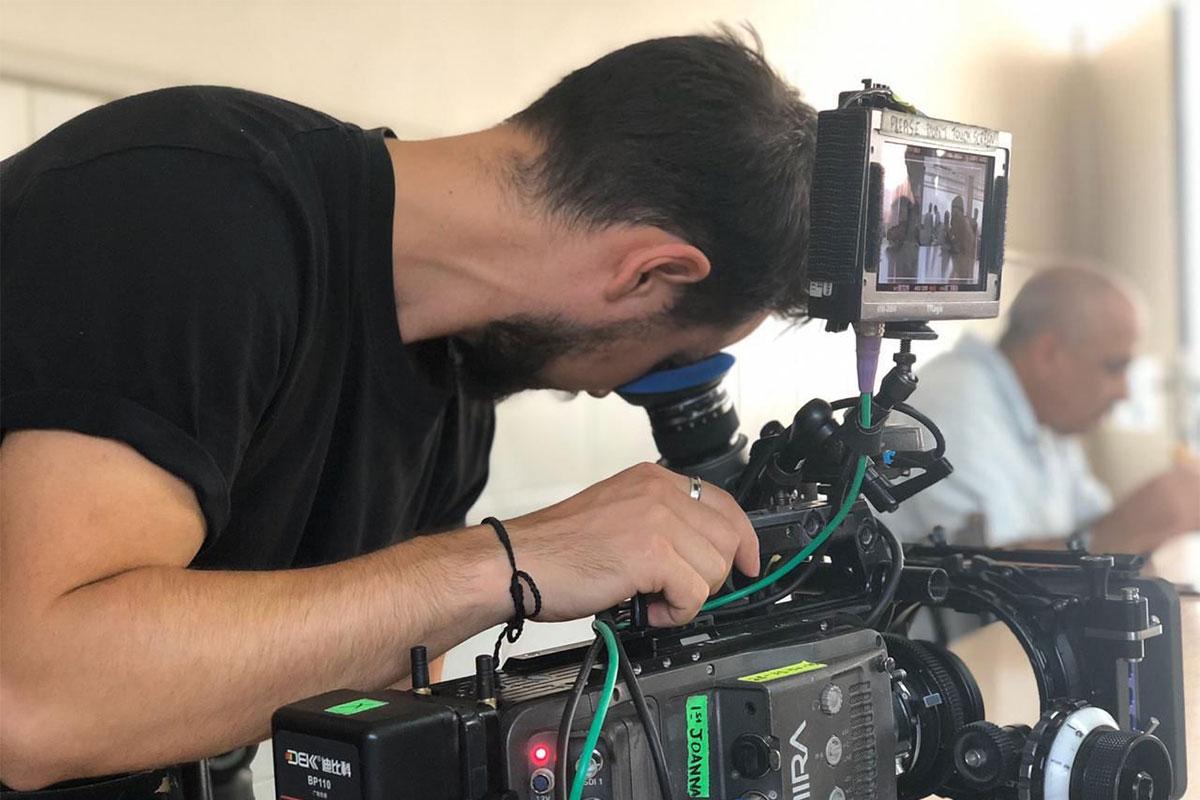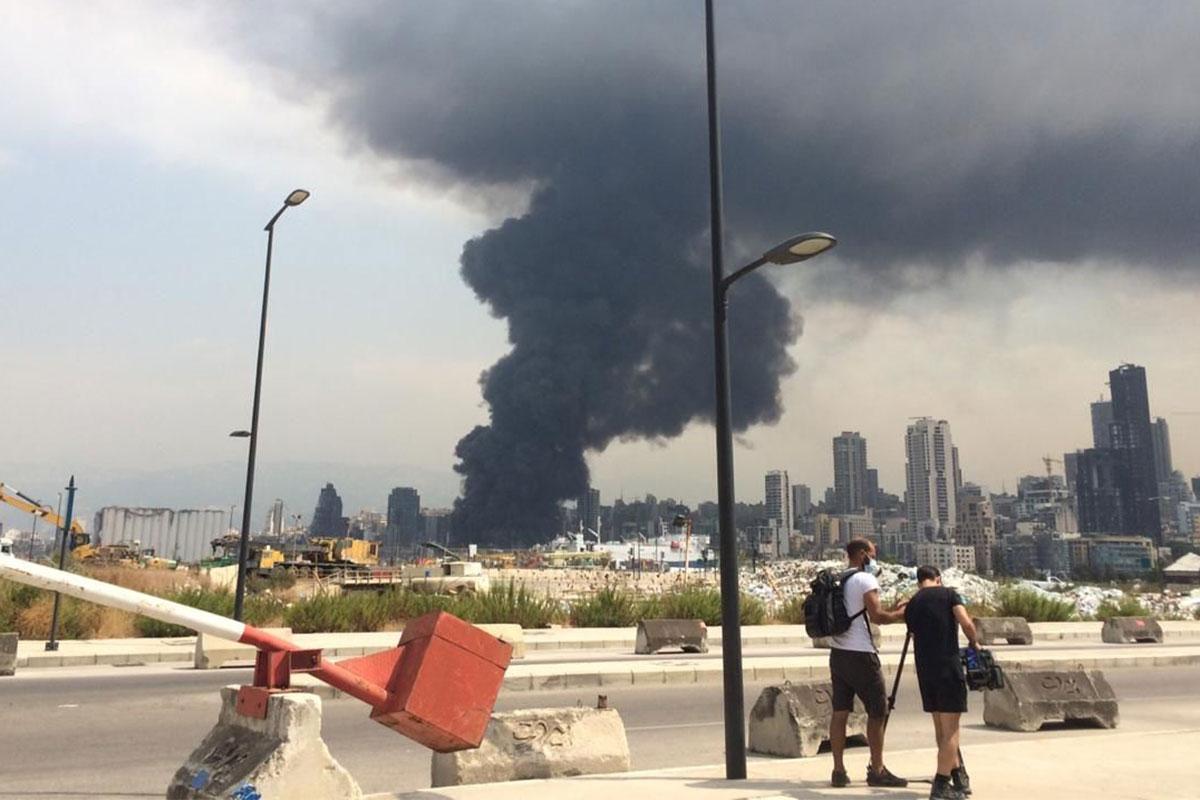Alumni Spotlight: Lebanese Filmmaker Karim Kassem
Kassem explores the concept of hybrid films, metaphysics and how life experiences impacted his work in Only the Winds and Octopus.
When does reality give way to fiction in cinema? How do we know when we have crossed over from one realm to the other? Lebanese filmmaker Karim Kassem (BA ’12), in his two docufiction films Only the Winds and Octopus, provokes viewers to question the nature of reality, to “see” beyond the tangible and “listen” beyond the silence.
Only the Winds, his first feature film, was screened at the International Film Festival in Rotterdam in January 2021 and again in June 2021 and at Visions Du Réel 2021 in Switzerland, while his second film Octopus is scheduled to premiere this summer.
“I use the word docufiction on purpose because it confuses our cultural paradigm, because we are either documentaries or fiction,” said the New York-based filmmaker who holds a bachelor’s degree in Television and Film from LAU.
Kassem’s feature films are rooted in reality and carry elements of experiences that impacted him and inspired his work. As such, Only the Winds and Octopus were made during turning points in Lebanon, and Kassem found himself navigating through themes of identity, perception of reality, and leaving one’s country and family.
“What is fiction in cinema? That’s a tricky question. Cinema is all fiction. As soon as you turn on the camera and you call out cut and you edit, it becomes fiction,” said Kassem.
“Yet, when you use non-actors in their environment and you drive your personal story, it becomes – just by doing so – hybrid, because you are intertwining people’s real lives and building around it,” he said.
Only the Winds recounts the journey of a Lebanese filmmaker – Kassem – who travels to Beirut from New York to research a film project about blind children. Due to a condition affecting his eyes, though, he has to undergo a surgery, which renders him temporarily blind. He then begins to visit the blind institute to conduct research, while trying to cast someone to play him in the movie.
The film is based on Kassem’s personal experience that had opened a door to the world of metaphysics and the nature of consciousness. In 2011, at the height of the Egyptian revolution, a 20-year-old Kassem underwent surgery in both eyes while he was in Cairo for an acting job.
“It fired up my imagination. I was just imagining the whole universe, and the fact that I wasn’t in a familiar environment amplified my imagination,” he said.
“You are thrown into another deep place in your obfuscated mind, and things come up that you have never thought of before.”
Yet the experience evolved into something more than a few days of eye patches – a period of introspection that shaped how Kassem approaches his films. It led him to question how we perceive our reality and what consciousness of the mind really is in his work.
“There is a philosophy. There is a search. I am addressing life and the nature of reality and this is where metaphysics comes in, because the philosophy of mind questions the nature of reality, which for me is of a mental nature,” he explained. “The physical world we see is a mere image of a particular state of consciousness.”
The story also ties into what Lebanon was witnessing in terms of socioeconomic hardships and how the situation was spiraling out of control, as, during the filming, the October 17 popular protests broke out.
“The revolution sort of helped the film along; it became a base layer,” he added.
In Octopus, Kassem was initially in Beirut to shoot an entirely different film, until the day he was blown out of his hotel room when an explosion ripped through the Beirut Port on August 4.
It was then that Octopus metamorphosed into something else and became about the aftermath of the explosion. But for Kassem the blast was so deafening and the pain so palpable, that he chose for the film to be silent.
“What is there to say at that point? Would we rather say something, or would we rather contemplate and think about where to go next and the state of the world?” he said.
“There is no other way to be other than introspective. So, I decided to make a completely silent film, one of a philosophical and self-reflective nature. And those philosophical and existential questions that we ask happen in silence.”
Kassem did not use professional actors, relying instead on the people who were impacted by the blast.
“In that sense it is very real. But when you watch it you’re going to ask yourself what’s real and what’s not. You’ll start getting confused about what was staged and what wasn’t,” he said.
Filming Octopus in the midst of the chaos was an impulse. A duty even. People dealt with the aftermath differently, said Kassem. Some chose to volunteer, which he did but soon abandoned for the camera, using it as way to process the trauma.
“It is not necessarily about the explosion. It goes way beyond that if people look past the event. For me it is about metaphysics, humanity. I am talking about self-reflection, or meta consciousness.”
Kassem is working on his third feature film Thiiird, currently in the pre-production phase. In addition, he has completed eight short films.
To young filmmakers and fresh filmmaking graduates, Kassem has one go-to rule: Experiment, be bold.
“Being a young filmmaker is beautiful, because you are way more experimental. Go shoot by yourself, get a couple of friends, make something weird, make a music video. One little moment can become a film. Keep a notebook and pen, take notes all the time, you can always use those in films,” he said.


